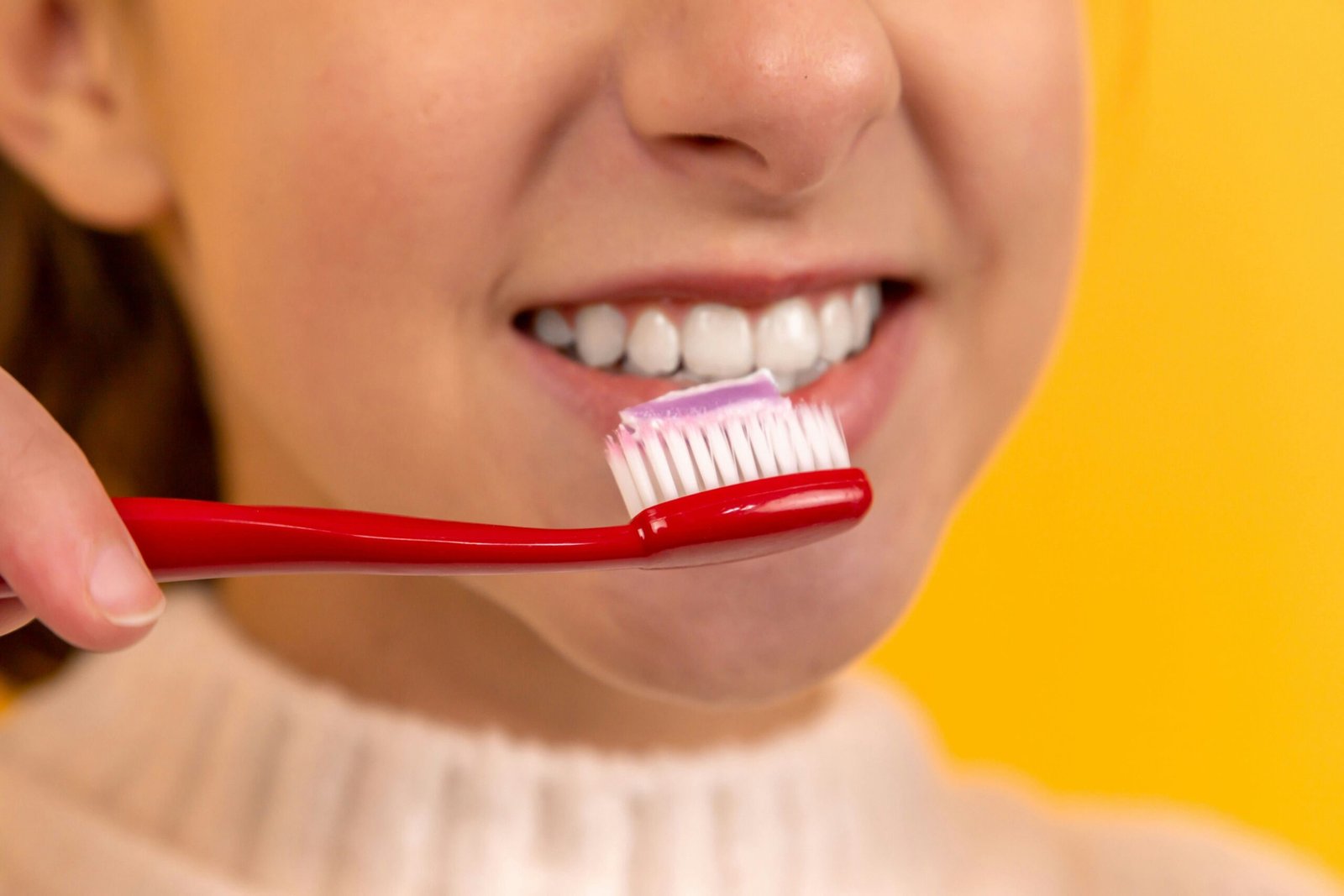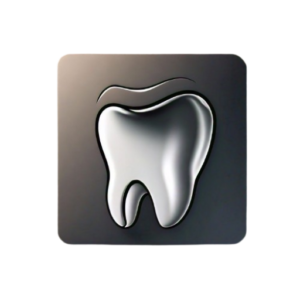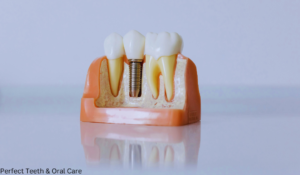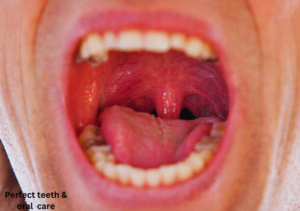Did you know that oral health and overall health are closely connected and not separate entities? The mouth, as the primary access point for nutrition and oxygen, plays a vital role in supporting the living body’s needs to survive. Maintaining good oral health is an essential part of your overall well being. Unfortunately, sometimes, people believe that dental care is somehow less important than general medical care, but this article aims to help set the record straight by telling you more about this crucial connection.
Tooth decay and gum disease can significantly affect the rest of the body. They can make it difficult to eat, talk, or concentrate, causing damage that extends beyond the mouth. Poor oral hygiene can raise the risk of several diseases elsewhere in the body, from diabetes to dementia. Fortunately, preventive care can help reduce these risks. Health care leaders and policymakers must take several actions to prioritize communities’ oral health and overall well-being, such as tailoring dental hygiene guidance for patients, supporting greater access to dental care, and better integrating medical and dental services.
Protecting yourself by learning more about the link between your oral health and overall health is critical. Problems in the mouth can be indicators of larger systemic issues. Preventing oral diseases isn’t just about clean teeth; it’s about safeguarding the entire body. With a focus on key strategies like improving access to care and bridging gaps between medical and dental services, we can ensure healthier communities. It’s time to recognize that your oral health offers clues about your overall health and start giving it the attention it deserves.

How oral health ties into your body’s overall health
The mouth is more than just a gateway for food—it’s a primary pathway into the body that can significantly influence your overall well-being. With over six million bacteria present in a typical person’s mouth, it creates an ideal environment for bacteria to thrive. While most of these bacteria are harmless and well-controlled by the body’s natural defenses, a lack of good oral hygiene can lead to serious problems. Germs may multiply, enter the bloodstream, and spread to other parts of the body, resulting in infections and diseases. Studies from the Mayo Clinic suggest that oral bacteria and inflammation associated with gum disease may contribute to conditions such as endocarditis, a life-threatening infection of the inner lining of the heart chambers and valves.
Poor oral health has been directly linked to chronic illnesses like diabetes, heart disease, and stroke, as well as complications during pregnancy such as premature birth and low birth weight. When infections like periodontitis—a severe form of gum disease—are left untreated, they create a vicious cycle that worsens the body’s ability to fight other diseases. For instance, diabetes can make it more difficult to manage blood sugar levels, while periodontal problems can complicate this management further. Research suggests that oral health issues may even play a role in conditions like rheumatoid arthritis, Alzheimer’s, and dementia, underscoring the intricate connection between oral and overall health.
Oral health problems also impact quality of life. Anxiety about visiting the dentist can worsen dental issues, with nearly 50% of individuals with poor mental health reporting feeling nervous during their last dental appointment, compared to 27% of their peers. Beyond the emotional toll, untreated oral diseases like tooth decay and gum disease can cause physical discomfort, making it hard to eat, talk, or even concentrate. They can also lead to broader issues, such as reduced workplace productivity or missed school days for children.
Preventive care plays a crucial role in mitigating these risks. Regular brushing, flossing, and professional checkups can help keep oral bacteria under control and prevent infections from spreading throughout the body. Additionally, maintaining a healthy diet and avoiding harmful habits like tobacco use are essential. Evidence increasingly shows that addressing oral health issues early can significantly reduce the likelihood of developing systemic diseases and improve long-term outcomes. Health care providers should work to better integrate medical and dental services, ensuring that patients receive holistic care that addresses both their oral and overall health needs.
The importance of preventive dental care for your health
Research shows that regular preventive care plays a key role in stopping the progression of oral diseases and gum diseases, which can otherwise lead to serious health problems like heart disease, diabetes, and even complications during pregnancy. By focusing on good dental care, people can maintain healthy teeth and gums, which are important not just for their smiles but for how they feel about themselves. According to the National Institutes of Health, more than 90% of common diseases show oral symptoms, such as mucosal lesions or sores. For individuals with conditions like HIV/AIDS, consistent early detection and treatment of oral health issues are critical for managing their overall health.
The University of Illinois Chicago (UIC) highlights the broader importance of oral hygiene. The impact of poor oral health can extend beyond individual well-being, affecting society as a whole. For example, cavities can reduce a child’s ability to learn, causing decreased appetite, depression, and an inability to focus attention—all of which raise the risk of lower school attendance and poor learning performance. Children from low-income families with limited access to preventive care are especially affected, missing up to three times as many school days due to oral health problems.
For adults, untreated oral issues can lead to the painful progression of dental disease, costly hospital use, and missed days at work. This makes it clear that addressing oral health early can lessen risks and reduce the consequences for individuals and communities alike. By recognizing the link between oral health and overall health, we can prioritize better care for everyone and build healthier lives.
Steps to maintain and protect your oral health
To protect your oral health, you need to take care of your mouth every day. Brush your teeth at least twice a day for two minutes each time using a toothbrush with soft bristles and fluoride toothpaste. Don’t forget to brush your tongue, as it can hold bacteria. Clean between your teeth daily with floss or a water flosser to remove food particles. A healthy diet is also key—try to limit sugary food and drinks, which can harm your teeth. Make it a habit to replace your toothbrush every 3 to 4 months or sooner if the bristles are worn or flare out.
It’s equally important to see your dentist at least once a year for checkups and cleanings, though your dentist may suggest visits or cleanings more often depending on your situation. If your gums require extra attention, you might need to see a gum specialist, called a periodontist, for additional care. Avoid using tobacco, as it can lead to severe oral health problems. Lastly, if you notice any changes or discomfort, contact your dentist immediately. Taking care of your oral health protects your overall health, making daily care and regular visits essential.
FAQs
How is oral health linked to physical health?
Sometimes, germs in the mouth can cause diseases in other parts of the body. However, the body’s natural defenses and consistent oral care usually keep these germs in check. Proper oral care involves habits such as brushing and flossing every day.
What is the link between oral health and gut health?
Bacteria from the mouth can travel to the intestines, potentially causing inflammation and digestive issues. This is more likely in people with severe gum disease, where an imbalance in the oral microbiome allows harmful bacteria to thrive.
What should I do to improve my oral care?
- Choose a toothpaste that contains fluoride.
- Rinse and gargle with an antiseptic mouthwash.
- Floss regularly to clean between your teeth.
- Visit your dentist routinely for checkups and cleanings.
- Be mindful of oral pain or other warning signs and address them promptly.
What are the signs of poor oral hygiene?
- Tooth pain or discomfort
- Gum issues such as gingivitis or periodontitis
- Receding gums
- Mouth sores
- Persistent bad breath
- Sensitivity to hot or cold foods
- Dryness in the mouth and teeth
What are 5 oral health diseases?
Tooth decay, which may cause broken teeth and eventually lead to tooth loss.
Gingivitis, a gum disease caused by plaque build-up, leading to inflammation.
Periodontal disease, a severe form of gum disease resulting from untreated gingivitis. This condition can spread infection to the jaw and bones, triggering an inflammatory response in the body.
Sensitive teeth, which cause discomfort when consuming hot or cold foods and drinks. This sensitivity is often linked to thin enamel, receding gums, or other underlying issues.
Oral cancer, a condition diagnosed in approximately 50,000 Americans annually, with tobacco use being the leading risk factor.


